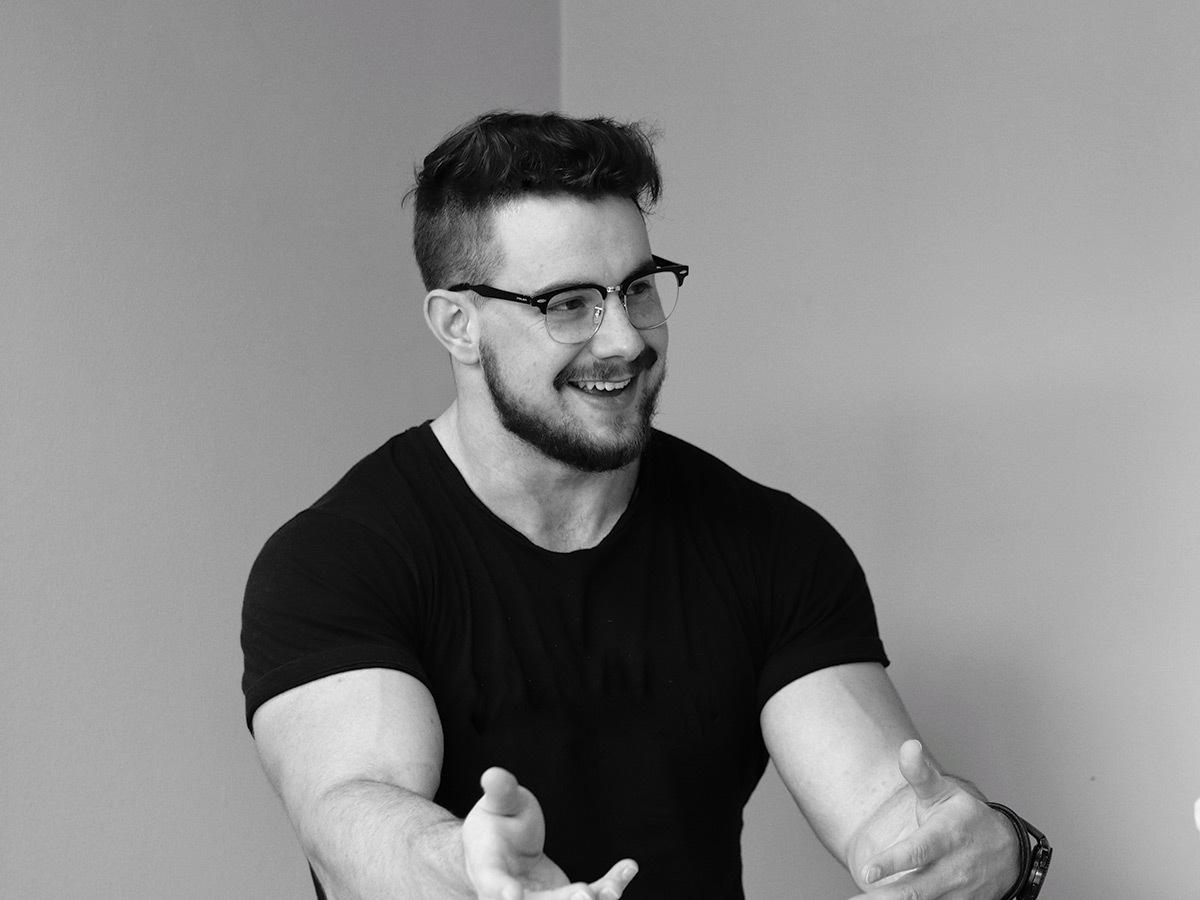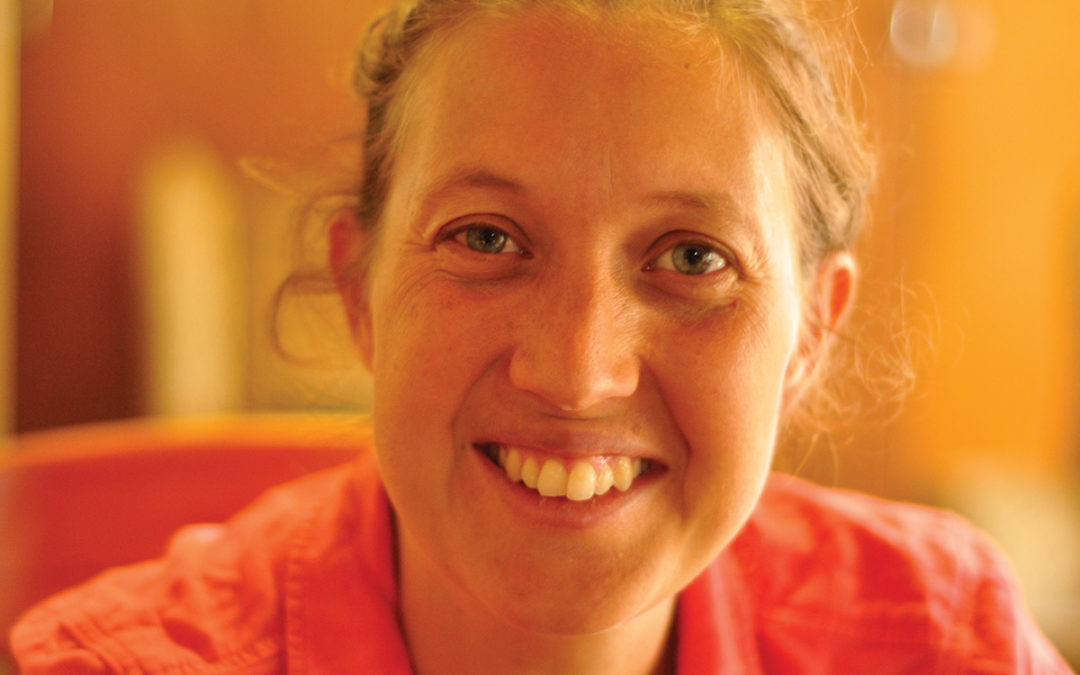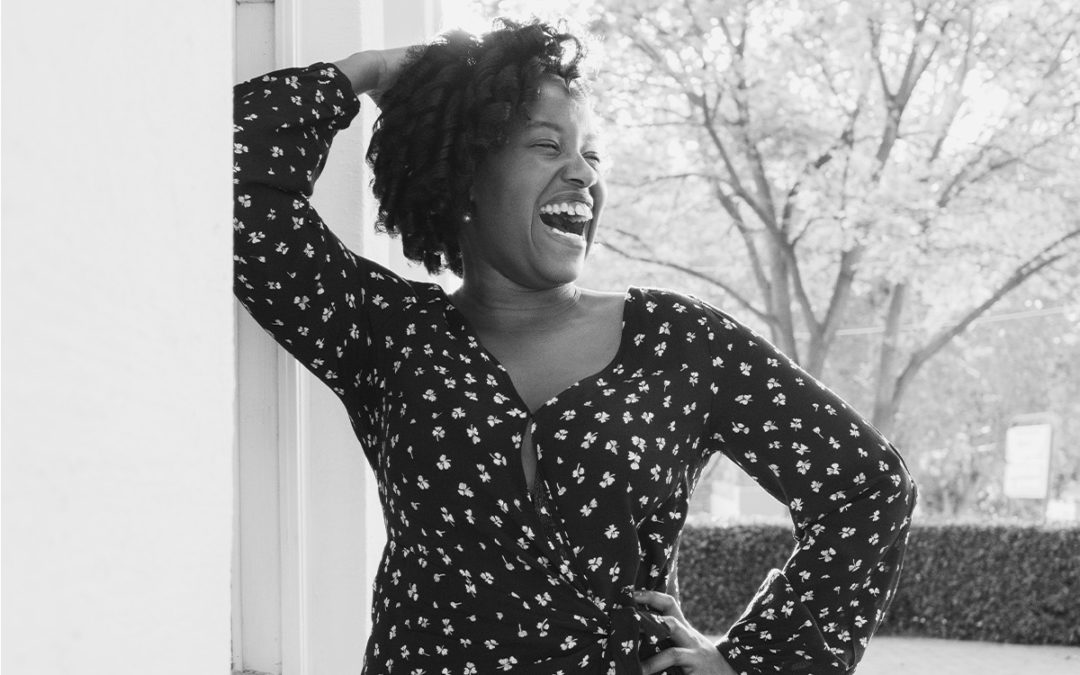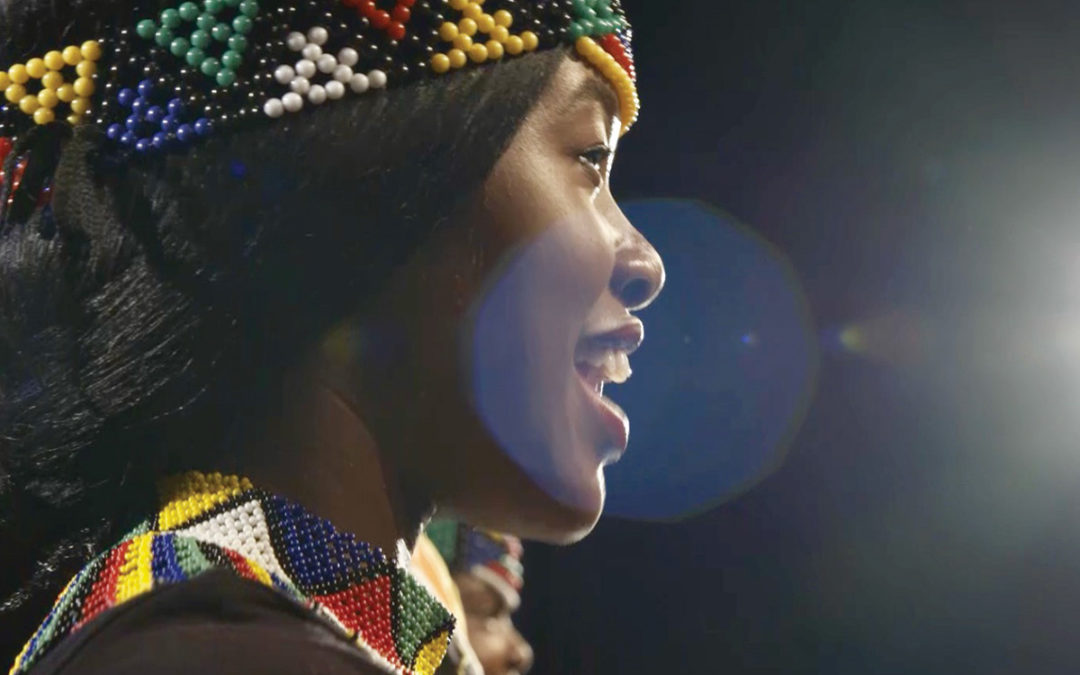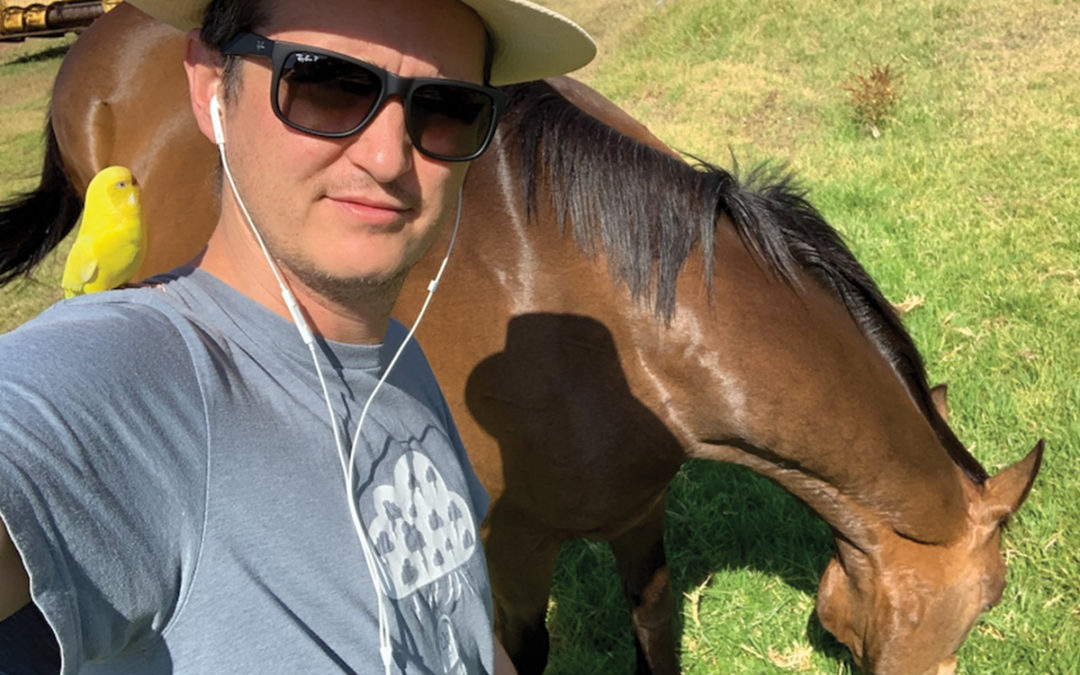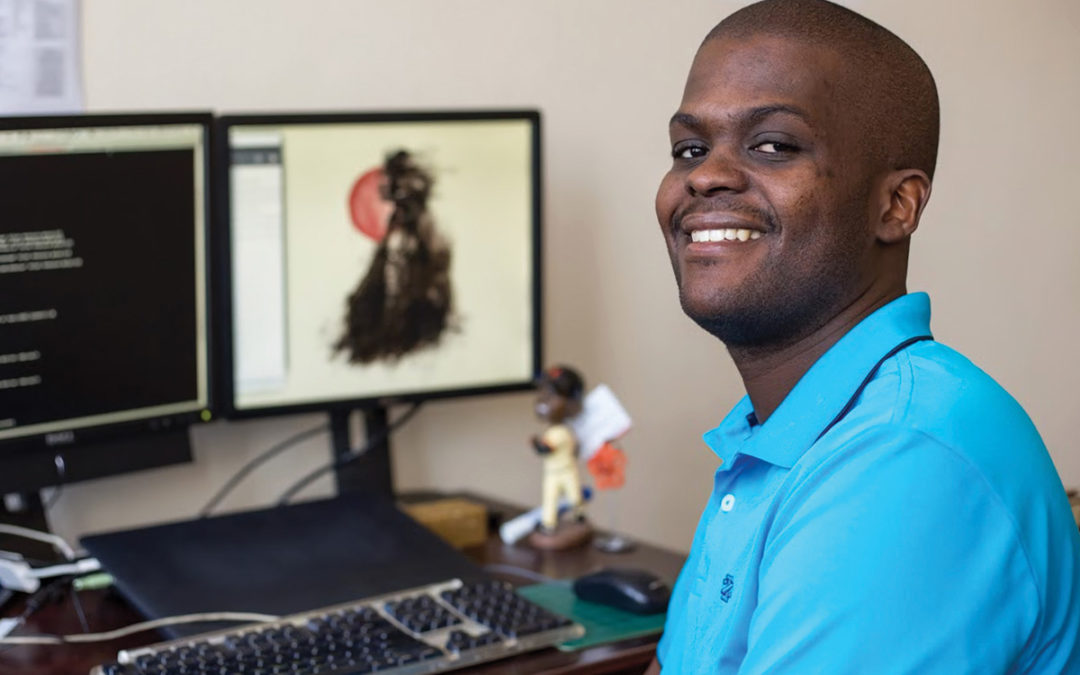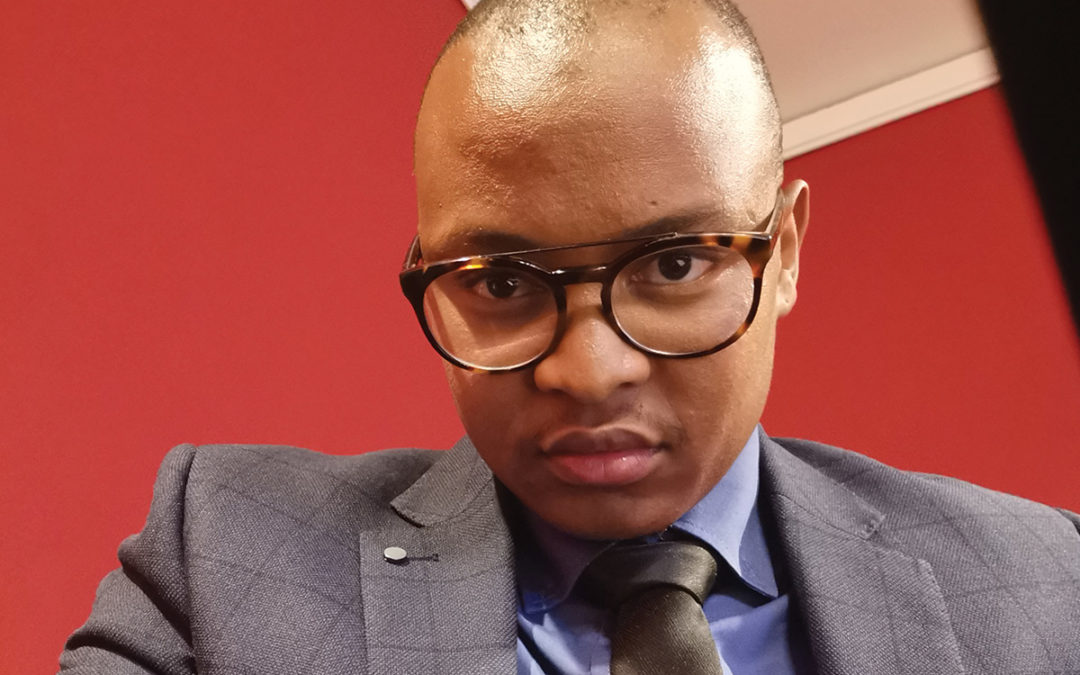At just 24, Ahren Posthumus is the co-founder of two tech platforms changing millions of lives.
Posthumus co-founded Jobmatcher, an app that matches jobseekers with ad-hoc work. His Lockdown Bozza app, which breaks down what you can and can’t do during the lockdown by location, is being used by over 1.5 million South Africans. The tech whiz is in talks with the Covid-19 National Command Council and the Presidential Office to help him expand the reach of this app. The UK government has also approached him to develop a similar app for Britain.
Posthumus says since he was young he felt like he was meant to do something great, and has realised that every individual has this potential. That something is just different for each individual.
Posthumus believes he inherited his entrepreneurial streak from his mother, and is most proud of the moment he signed the papers to buy his mother her own home. His mother is his hero and showed him what hard work is, persevering through tough economic circumstances. While no gift could never honour her in the way she deserves, it makes him proud to have been able to give back to someone who sacrificed so much for his own happiness, education and wellbeing.
Asked to extend advice to others, Posthumus says not to look down on South Africa as a developing economy. While the country has many problems, we also have unlimited and untapped potential. If you want to contribute meaningfully to this world, he says, with solutions to problems that can meaningfully impact peoples’ lives, then this is a great place to be.
“I would like to continue being a South African solving South African issues to help bring better value, prosperity and innovation to the lives of other South Africans,” Posthumus says.
